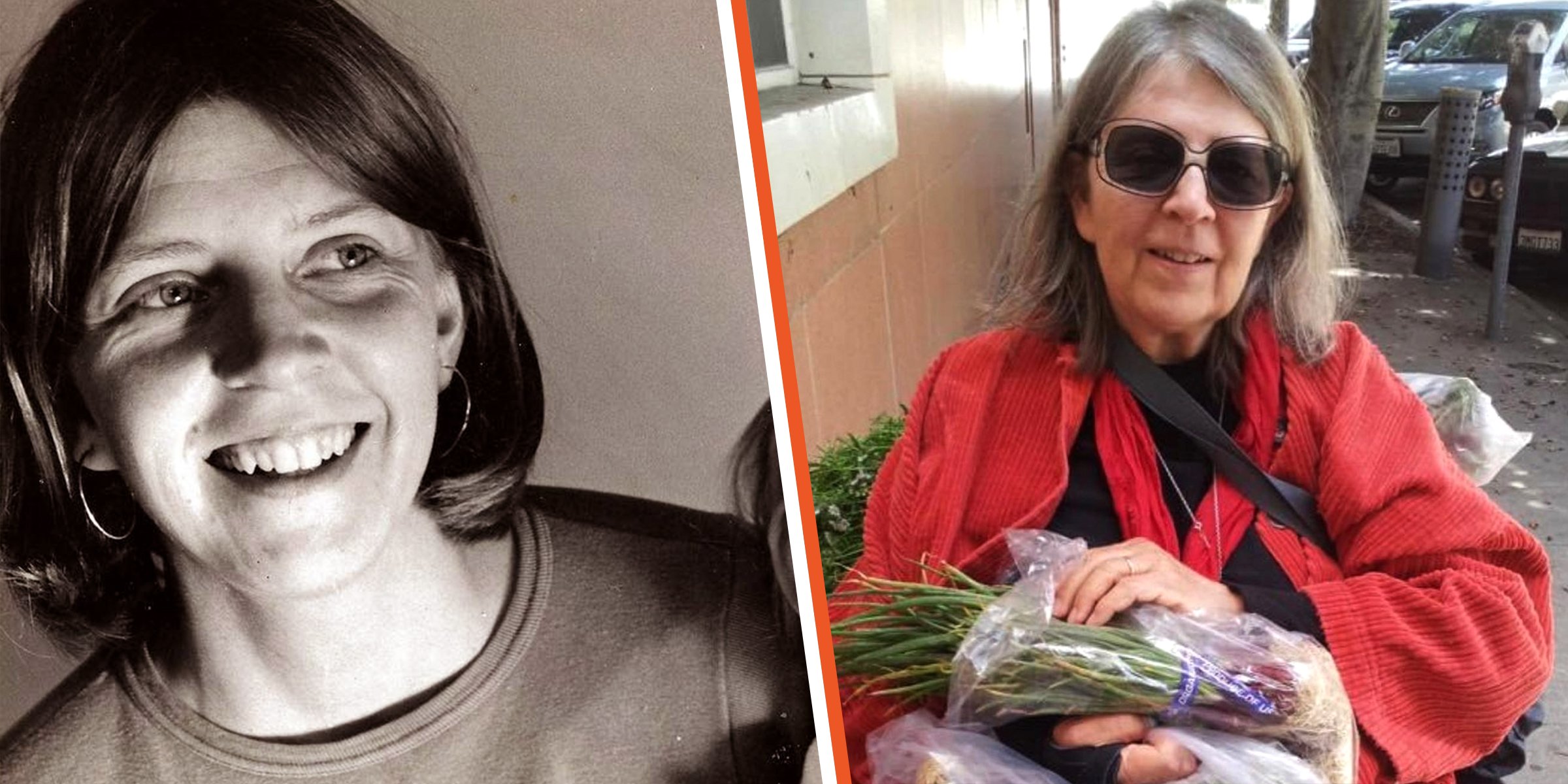Table of Contents
- Understanding Emotional Recovery
- Navigating Co-Parenting
- Financial Considerations
- Rediscovering Yourself
- Building New Relationships
- Legal Follow-Ups and Rights
- How to Create a Support System
- Setting Future Goals
Life after divorce presents an opportunity for growth, self-discovery, and renewal. Embracing change with a positive mindset helps individuals regain confidence and create a fulfilling future. Prioritizing emotional healing, maintaining financial stability, and fostering a strong support network are key to moving forward. Engaging in self-care, setting new personal and professional goals, and exploring new interests can bring a sense of purpose. While challenges may arise, resilience and adaptability pave the way for a fresh start. With time, effort, and self-compassion, individuals can transform this transition into a meaningful and empowering journey toward happiness and fulfillment.
Understanding Emotional Recovery
While the end of a marriage often signifies a period of upheaval, it can also mark the beginning of a profound personal transformation. Divorce can feel like a tempest, swirling emotions of grief, anger, and even relief. It’s a time when prioritizing emotional healing becomes not just necessary but vital. Engaging in therapeutic practices such as regular meditation, hobbies, and physical activities can provide considerable relief and clarity. Professional therapy also offers structured support, assisting people in navigating the complicated emotional terrain. The American Psychological Association stresses developing resilience as essential to returning from adversity. Through resilience, one can transform adversity into personal strength, forging a new path forward with optimism. Managing the legal aspects can be particularly daunting on a parallel front, so consulting with a divorce lawyer Colorado Springs can provide peace of mind. Expert legal support lifts the burden of dealing with complex legal proceedings, allowing more space to focus on emotional healing and personal growth.
Navigating Co-Parenting
Co-parenting effectively post-divorce requires more than a written agreement on who gets the children on which days. It’s an evolving partnership that centers on cultivating an environment filled with love, security, and consistency for the children. This involves creating a comprehensive co-parenting plan that meticulously considers each child’s needs, preferences, schedules, and routines. Transparent communication necessitates regular health, education, and emotional well-being discussions. By adopting a cooperative approach, parents can shield their children from the turbulence of divorce. This protective shield ensures the children experience continuity in their social and academic environments, underpinning their development with the necessary stability.
Financial Considerations
Financial challenges often accompany the emotional ones following a divorce. It’s when individuals are tasked with reassessing their financial standing and crafting a sound budget reflective of their new circumstances. This entails thoroughly analyzing your financial status, closely monitoring your spending, and establishing reasonable long-term financial objectives. A well-crafted financial strategy provides a roadmap for future stability, alleviating stress and empowering independent financial decision-making. Consultation with financial experts or delving into resources like Forbes Finance News offers valuable insights into sound financial planning. Establishing a contingency fund, managing debts efficiently, and investing wisely where possible are keystones of ensuring financial well-being.
Rediscovering Yourself
Divorce can catalyze introspection and reinvention, presenting an invaluable opportunity for self-exploration, growth, and self-care. This phase encourages individuals to reconnect with their most authentic selves and rekindle passions that might have been overshadowed during the marriage. Engaging in new activities, such as learning new skills, traveling to foreign countries, or rediscovering a passion for painting, writing, or music, enhances one’s intellect and spirit. Personal growth and self-discovery also foster a stronger sense of oneself, laying a solid foundation for personal and professional future endeavors.
Building New Relationships
Embarking on new relationships post-divorce is a pivotal aspect of moving forward. This journey includes understanding when the time is right to open your heart to new friendships or romantic connections. Ensuring emotional readiness is essential to forming healthy, nurturing relationships. Take the opportunity to build friendships that act as a supportive network—providing laughter shared experiences, and solace. When contemplating romantic endeavors, it’s crucial to identify partners whose values align with your newly discovered self. If approached with care and mindfulness, these relationships add facets of joy and companionship, resonating with the depth and authenticity of a life rebuilt on personal growth.
Legal Follow-Ups and Rights
A divorce’s administrative and legal aftermath requires thorough attention to detail and a proactive approach. Understanding your legal rights and responsibilities in divorce decrees is key to safeguarding one’s future. This includes knowledge of child support frameworks, alimony regulations, and property division. Regularly revisiting and, if necessary, updating legal documents—such as wills, power of attorney, and insurance beneficiaries—is crucial to ensuring these reflect your current situation. When doubts or disputes arise, engaging a legal expert becomes indispensable to ensure actions remain compliant with existing legal frameworks, avoiding potential pitfalls.
How to Create a Support System
A well-rounded support system is essential to strength during and after divorce. Friends, family members, and peer support groups offer emotional and practical support, helping navigate life’s day-to-day challenges. Openly communicating and seeking advice from this network can provide comfort and sometimes surprising solutions to common issues. Professional support from therapists, coaches, or support groups also delivers structured frameworks and coping strategies. These experts provide objective insights and constructive guidance to support emotional and practical healing, enhancing the overall quality of life.
Setting Future Goals
Charting future goals after a divorce fosters hope and purpose, guiding individuals toward a fulfilling future. Developing structured, realistic goals involves careful introspection and the division of long-term objectives into manageable actions or milestones. This structured goal-setting process ensures steady, progressive growth and adjusts as personal circumstances evolve. Consistently evaluating and adapting these goals as necessary to align with personal growth ensures that motivation and ambition remain high, driving not just future success but heightened overall satisfaction and enrichment in life.











